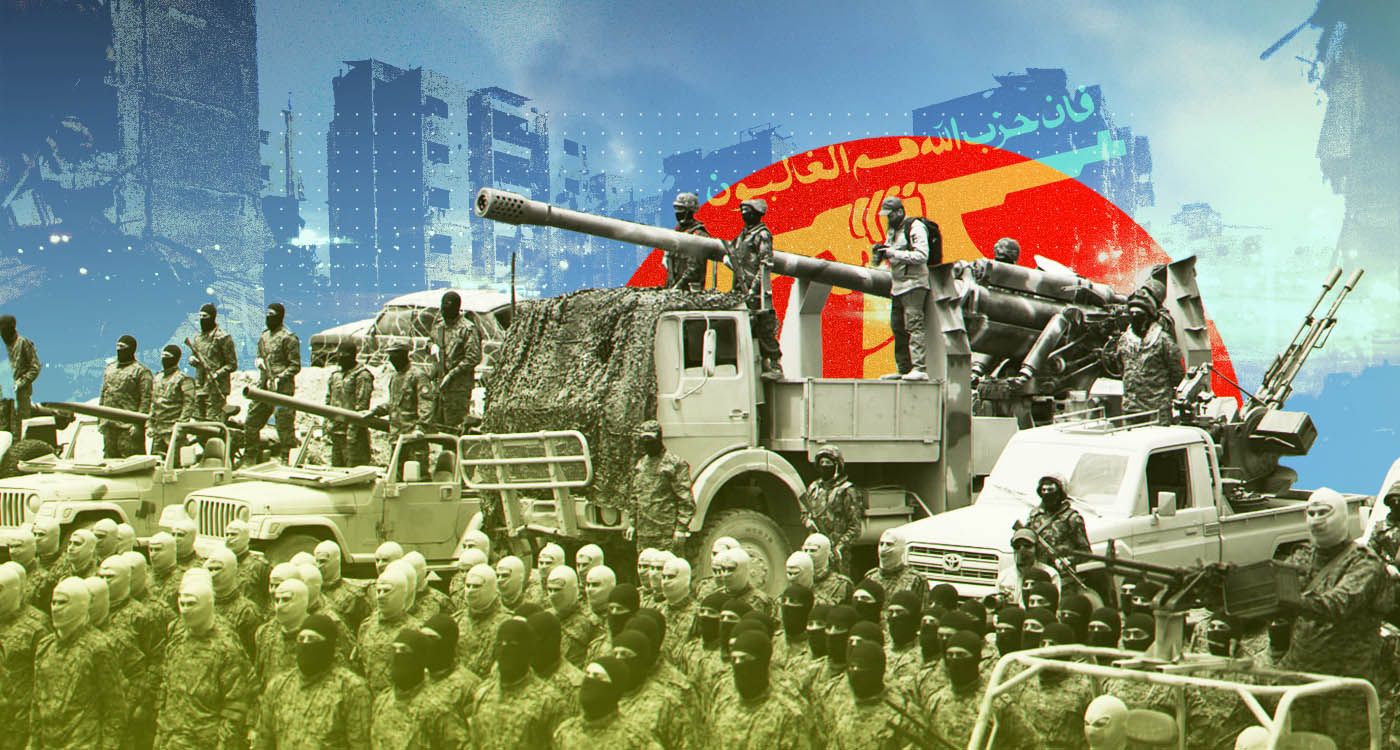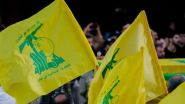
Lebanese officials are closely monitoring the rapidly escalating conflict between Iran and Israel, particularly following the United States’ entry into the hostilities. Washington remains concerned that Hezbollah may be drawn into the confrontation, given its longstanding military, political and ideological alignment with the Islamic Republic of Iran and its leadership.
According to reports, as US airstrikes targeted Iran’s nuclear sites in Fordow, Natanz and Isfahan, Israeli warplanes simultaneously struck Hezbollah positions in southern Lebanon, specifically hitting a transmission station belonging to Al-Manar TV, the group’s media arm, located in the Tumat Niha Heights.
Security sources said the strike was a clear message to Hezbollah to remain out of the war. This military warning was accompanied by a diplomatic one: an Israeli message, conveyed through American channels, cautioning the Lebanese government against any Hezbollah involvement in the conflict.
In the wake of both warnings, President Joseph Aoun took immediate steps, reaching out to Hezbollah’s leadership to stress the importance of sparing Lebanon from the war’s repercussions by refraining from involvement. According to available information, Hezbollah has yet to provide a clear response. For now, the Iran-aligned group appears committed to avoiding escalation. But the crucial question remains: If Iran were to call on Hezbollah to join the fight, would it be able to refuse, especially given that the Shia community can no longer bear further human or material losses?
In this context, Prime Minister Nawaf Salam also took decisive action, engaging with various Arab and international stakeholders, most notably the United States and France. Reports indicate that the Lebanese Army has been ordered to reinforce its presence in southern Lebanon and other strategic locations, particularly around the US embassy in Awkar, which is viewed as a potential target for retaliation linked to the strikes on Iran’s nuclear sites or any military operations targeting Iran’s top leadership, headed by Supreme Leader Ali Khamenei.
Lebanon remains in a state of official political vigilance, as recent talks have done little to allay fears of involvement in the war. Yet, insiders believe Hezbollah is unlikely to risk political suicide, fully aware of its precarious position within its own community and the country at large—especially since reconstruction from the previous conflict, which Hezbollah supported, has yet to begin, hindered by limited resources on both Hezbollah’s and the state’s sides. Against this backdrop, the president addressed the nation from downtown Beirut, offering reassurance that Lebanon would not be dragged into war and asking: Who could realistically bear the devastating cost of such a conflict?




Comments